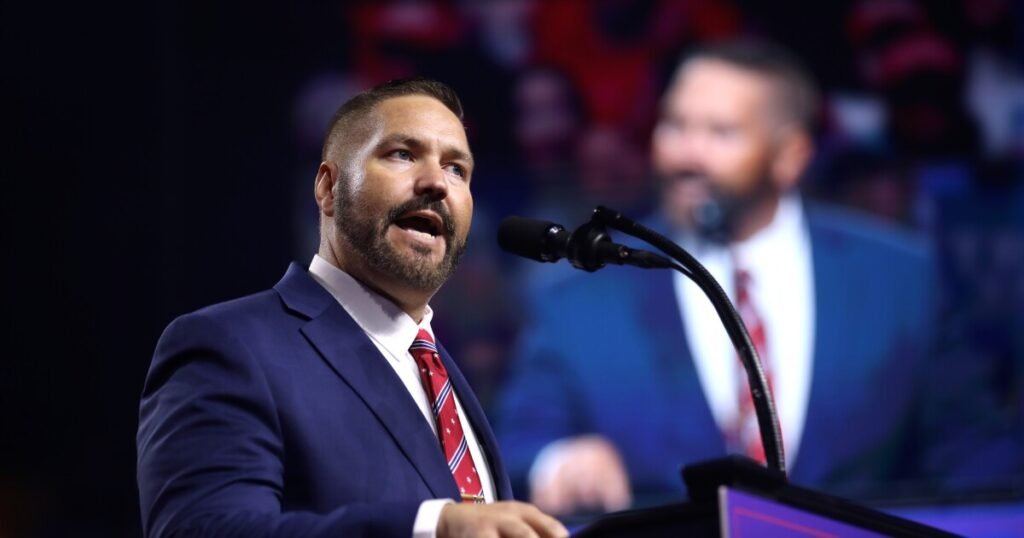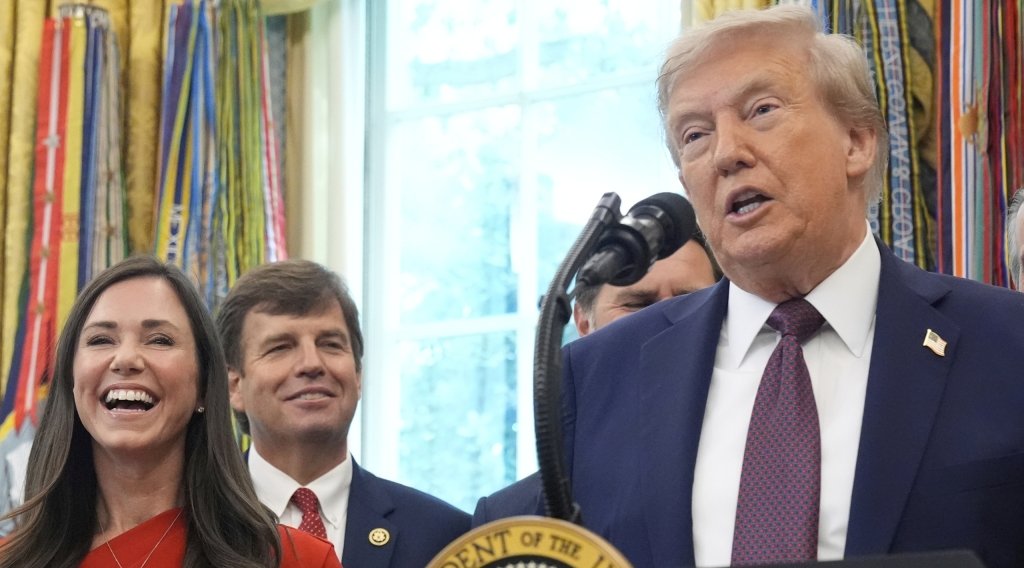Maricopa County Election Control Dispute
Justin Heap, the recorder for Maricopa County, is attempting to limit the election authority held by the County Board of Supervisors. He has even pressured two board members to align with his goals.
This situation is detailed in a series of text messages that had been uncovered by voting reporter Jen Fifield through Public Records requests.
Amid the ongoing fallout, the only Democrat on the board is urging an investigation into the matter.
Fifield has elaborated on this topic during a recent show.
Insights into the Text Messages
Lauren Gilger: These text messages seem to be causing quite a stir. What insights can you share about them?
Jen Fifield: The texts reveal the behind-the-scenes negotiations between the supervisors and the recorder regarding control over Maricopa County elections.
Heap is trying to sway two supervisors into giving him greater control over election processes.
Gilger: In one of the messages, it appears the recorder expresses hope that they won’t receive requests for these texts. Is that correct?
Fifield: That’s right. He was trying to convince Mark Stewart and Debbie Lesco that he had the support of Democrat Steve Garrald, while also implying that he needed to keep his strategies hidden.
Gilger: Let’s take a step back and explore the broader context here. This seems to be linked to an ongoing political struggle between the County Supervisors and the recorder’s office, right?
Fifield: Yes, managing elections in Arizona is notoriously complex, with responsibilities divided between parties. This conflict dates back to Adrian Fontes, who faced similar challenges. When Stephen Richer was elected, the board decided to strip away some authority due to prior errors.
Gilger: That history certainly complicates matters. It seems the board altered some rules just before Heap took office.
Fifield: Exactly. After Heap won against Richer in the primary, they renegotiated a contract that affected how voter roles and technological resources were managed. Heap felt like his powers were being undermined.
Gilger: What specific powers is he looking to regain?
Fifield: The main issues revolve around the technical staff who manage voter data and the early voting setups. Although Heap suggested that numerous critical issues were at stake, the reality narrows down to these core concerns.
Gilger: Did Heap express any worries about election security or potential fraud?
Fifield: Heap indicated a desire to overhaul the election system, acknowledging problems without controlling specific election details. It seems he feels pressure to address every aspect of the electoral process.
Gilger: This all occurs in the wake of recent elections in the state, correct?
Fifield: Yes, and his statements during the campaign have added fuel to the fire, criticizing the county’s election management.
Gilger: The repercussions from these messages have unfolded quickly, especially with Steve Garrald, the sole Democrat on the commission.
Fifield: Right, Garrald commented on the messages, claiming Heap twisted the truth regarding their supposed agreement. He has stated he has no ties to Heap and only recently met him.
Gilger: Has the Attorney General provided any insight into whether an investigation will happen?
Fifield: I’ve reached out, but there hasn’t been any comment yet about investigating the situation. However, the AG has mentioned wanting to address public corruption, so it’s still uncertain how it will unfold.
Gilger: What’s next in this evolving story?
Fifield: We’re currently looking for texts from the two board members, as we don’t have Heap’s messages yet. Additionally, there’s an ongoing lawsuit regarding control between the supervisor’s office and the recorder’s office, which adds more complexity to the situation.
Gilger: Sounds like there’s certainly more to uncover.







